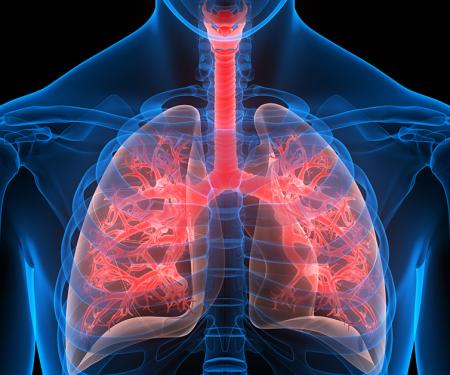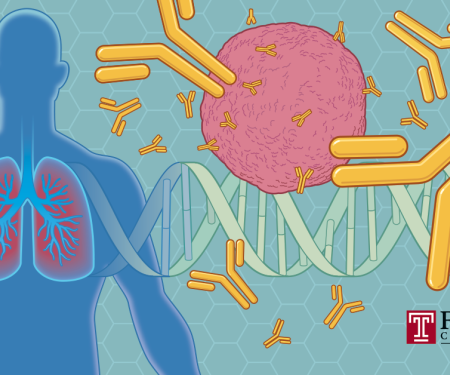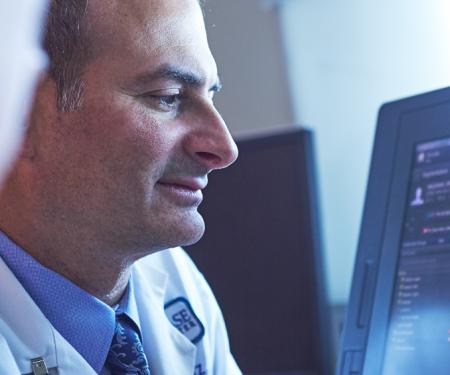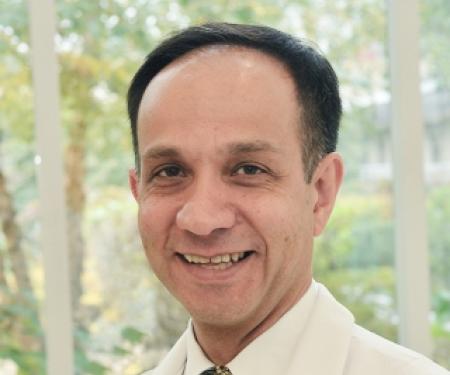Related Articles
00 / 00
A lung cancer diagnosis can leave you worried or even frightened. You’re not alone: many patients have faced this journey. However, Fox Chase will be with you every step of the way. Today, your treatment options are more sophisticated and diverse than ever before.
After your diagnosis, your physician will work closely with you to help you understand your condition and which treatments have the greatest chance of helping you return to good health. We’ll develop a customized treatment program for you that will depend on:
At Fox Chase, you may be connected with a nurse navigator. The nurse navigator’s goal is to make sure you see as many members of your treatment team as possible in one day. Together, these specialists all weigh in on your case and even meet once a week to discuss it. These specialists create a tailored plan for you. Then we set it in motion right away.
Your plan might include one or more of the following treatment options:
In 90% of cases at Fox Chase, this means minimally invasive surgery, which uses small incisions and tiny scopes, to remove the tumor.
This means chemotherapy, targeted drug therapy, immunotherapy, or other options.
We use high-energy X-rays or other types of radiation beams to eliminate cancer cells or halt their growth.
At Fox Chase we are constantly investigating newer drugs and treatments. One of these new treatments might be right for you.
These can include radiofrequency ablation, which uses imaging techniques such as ultrasound to guide an instrument that emits heat or cold and destroys cancer cells.
At Fox Chase, we make it our goal to treat lung cancer in the least invasive way possible. This means we work to reduce the negative effects of treatment on your body and quality of life. For example, we use innovative surgical techniques and combination therapies, such as radiation and systemic therapy that give you the best chance of successfully eliminating your cancer.
Our physicians are also actively involved in lung cancer clinical trials, developing new therapies for treating lung cancer. Through these trials, we are able to offer our patients access to promising treatments and experimental therapies that may not be available elsewhere.
The prognosis, or chance of recovery, and treatment options for non-small cell lung cancer depend on the following:
The prognosis (chance of recovery) and treatment options for small cell lung cancer depend on the following:




